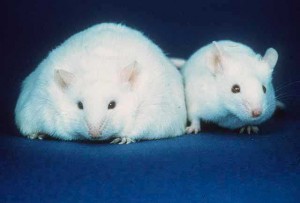July signaled the 37th International Congress of Physiological Sciences, organized in conjunction with the Physiological Society and many other society partners, and BMC Physiology was lucky enough to attend.

The conference covered every aspect of physiological research but it was clear that obesity, and the huge number of downstream effects this can cause, was a major theme. Kimberley Bruce (The Scripps Research Institute) battled valiantly with technical difficulties to share research on the changes in the circadian rhythms of offspring when mothers are fed a high fat diet together with more recent work looking at the impact of diet on the lives of Drosophila. Kevin Grove revealed intriguing data on behavioral changes in macaques born to mothers fed a high fat diet and Mark Hanson’s keynote lecture expanded on the impact that maternal (and paternal) factors have on the long-term health outcomes of individuals.

From feast to fast with a fascinating session on the physiological mechanisms of fasting in animals, including talks from Henry Harlow on bear hibernation, and Krista Varady (University of Illinois) discussing whether fasting regimes could be used in humans to combat obesity.
Other highlights of the congress included Shu Chien and other speakers in a session outlining the role that mechanical stress plays in vascular systems. The Annual Public Lecture was given by Russell Foster and discussed the importance of circadian rhythms in our daily life. Finally Olusoga Sofola (University of Lagos) gave an engaging talk revealing the difficulties researchers in sub-Saharan Africa face, highlighting the benefits that international collaborations can bring. It brought home the importance of making data and knowledge available to all – something IUPS achieved admirably.
Comments